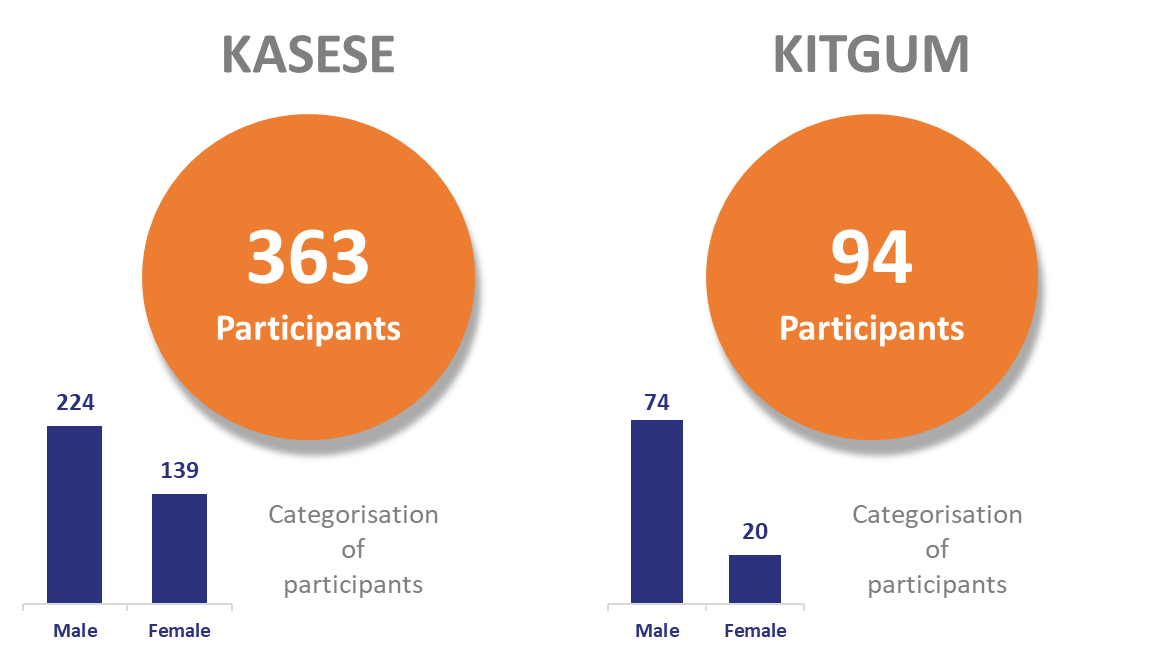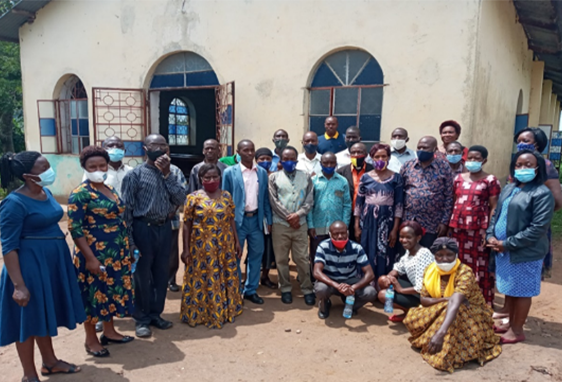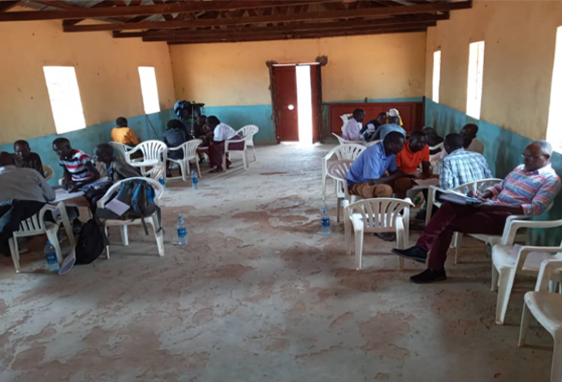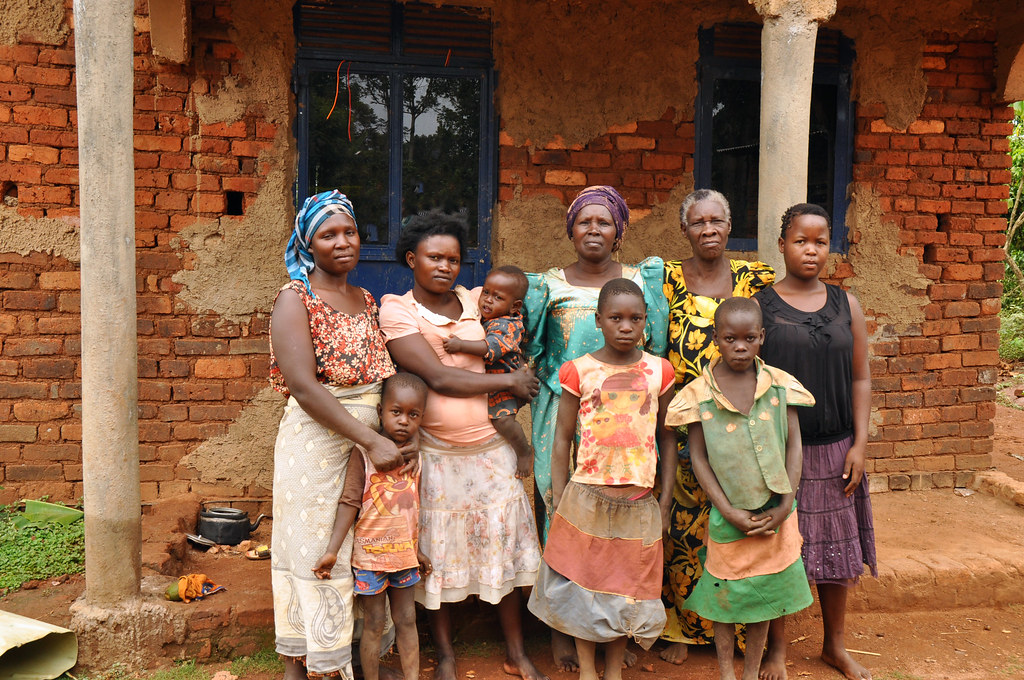NTU supports sub-county trainings on the design of evidence-based C4D interventions in Uganda
14th of April, 2021
The activities are part of the EU-Spotlight programme for ending violence against women and children in Uganda
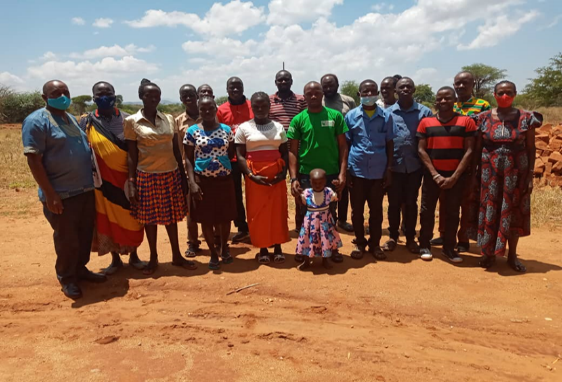
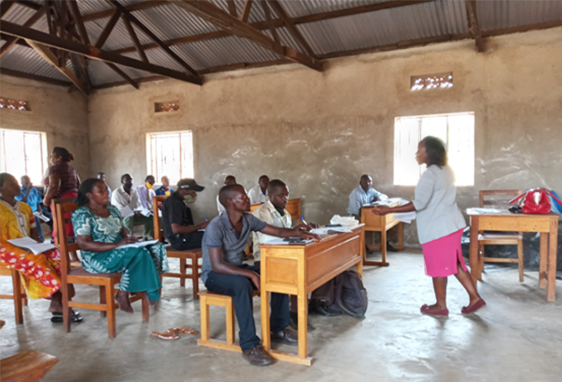
Project’s objectives
NTU, together with SAP-Slum Aid Project, is implementing until June 2021 the project Provision of technical support to national ministries and districts to implement the EU-Spotlight programme for ending violence against women and children in Uganda, using the socio-ecological model (institutional strengthening pillar) that aims to end violence against women and children in the country. Key activities of the project include supporting districts and ministries in developing their implementation plans as well as mentoring and coaching national and district stakeholders in implementing communication for development (C4D) in their interventions and plans.
Purpose of the sub-county trainings
The sub-county trainings aim to build the capacity of district and sub-county officials to design evidence-based interventions using formative research, applying social and behaviour change theories, and defining measurable objectives and indicators. Overall, the trainings aim to enable district and sub-county officials to plan, implement and monitor interventions of VAW/C (violence against women and children) using C4D as a strategy. At the end of the trainings, the sub-county officials will be able to:
- Apply the core principles of C4D in their plans and interventions;
- Appreciate the importance of C4D principles and why they must be applied in communication interventions aimed at addressing VAW/C
- Gain basic reporting writing skills to be able to capture ideas, norms and practices that influence VAW/C
Support to sub-county trainings in Kasese and Kitgum
From February 2021 to April 2021, NTU supported several sub-county trainings in Kasese and Kitgum. Participants in these trainings included members of government (sub-county chiefs, social welfare officials, community development officers, etc.), local councils (youth representatives, representatives of people with disabilities) and the civil society (religious, youth and cultural leaders). The total number of participants in NTU-supported trainings in Kasese and Kitgum is presented below.
